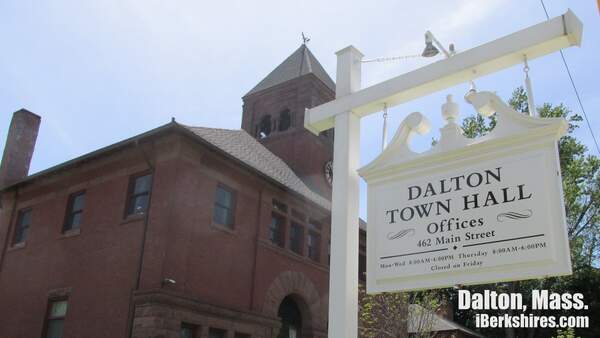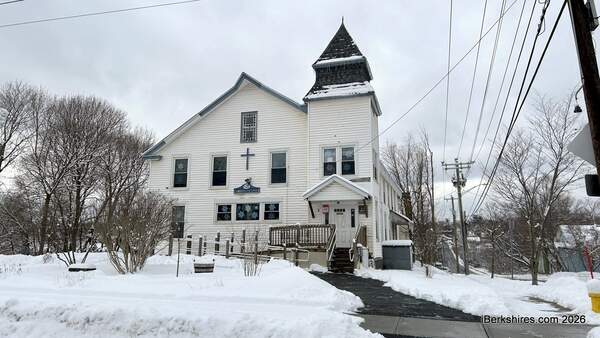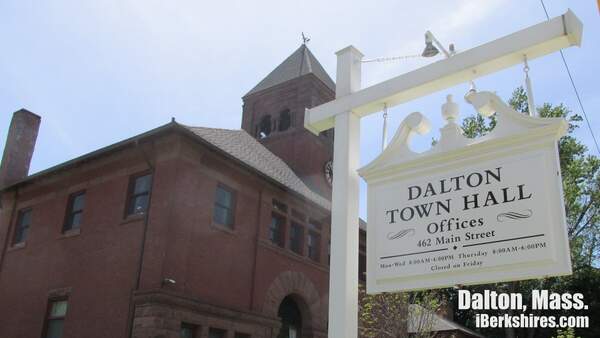State Commemorates National Fix-A-Leak-Week Campaign and World Water Day
BOSTON — The Healey-Driscoll Administration commemorates World Water Day and National Fix-A-Leak Week.
It marks the third day of the annual Fix-A-Leak Week campaign spearheaded by the Environmental Protection Agency's (EPA) WaterSense program, as well as World Water Day, which is led by the United Nations (UN). Fix-A-Leak week aims to raise awareness about the importance of finding and repairing water leaks in homes and businesses, while this year's World Water Day theme is accelerating change to solve the water and sanitation crisis.
"Access to safe drinking water is a fundamental right," said Energy and Environmental Affairs Secretary Rebecca Tepper. "We all have a role to play in protecting our water supply as the climate crisis worsens droughts and floods and alters our ecosystem. We encourage all residents and businesses to protect against unnecessary water waste."
During Fix-A-Leak week, we are spreading the word about the importance of finding and repairing leaks to as many audiences as possible, including water suppliers, businesses, state agencies, and facility managers.
"While water safety and accessibility are global issues, individual actions are required to address them," said Massachusetts Department of Environmental Protection Commissioner Bonnie Heiple. "Small changes in the ways in which we use and manage water in our daily lives cumulate into significant improvements to protect and conserve our precious water resources."
The Commonwealth encourages the public to take easy steps to help prevent water waste caused by leaks:
-
Watch your water bill for sudden increases;
-
Check your water meter regularly – the dial on the meter should not be moving; when water is not being used; and,
-
Regularly inspect the connections and drains of all other water-using devices inside and outside.
Toilets are often the sources of leaks. Inspect your toilets regularly – if they are making noises without being flushed, they are most likely leaking. Perform a dye test on any toilets that you suspect might be leaking:
-
Open the toilet tank;
-
Release a dye tablet or 5 drops of food coloring into the tank;
-
Don't use the toilet for 15 to 20 minutes;
-
Check the bowl of the toilet for any signs of the dye; and,
-
If you see color, it's leaking.
The Commonwealth also encourages the following practices in order to maximize water use efficiency:
-
Only run washing machines and dishwashers with full loads;
-
Reuse water from appliances like dehumidifiers, as well as water used to cook noodles and rinse fruits and vegetables;
-
Use a bucket to collect shower water as it's heating up;
-
Limit shower times; and,
-
Use the Massachusetts Water Resources Commission's interactive water conservation tools or the MWRA's website to find even more ways to save water.
Throughout the world, communities face challenges in accessing safe drinking water. In Massachusetts, climate change presents new challenges to ensuring water supply and improving water quality. For example, Massachusetts has experienced some level of drought in five of the last seven years and is projected to experience more drought in the coming years. Contamination of water supplies by PFAS (per- and poly-fluoroalkyl substances) and other such chemicals can cause further constraints.
Tags: water,















